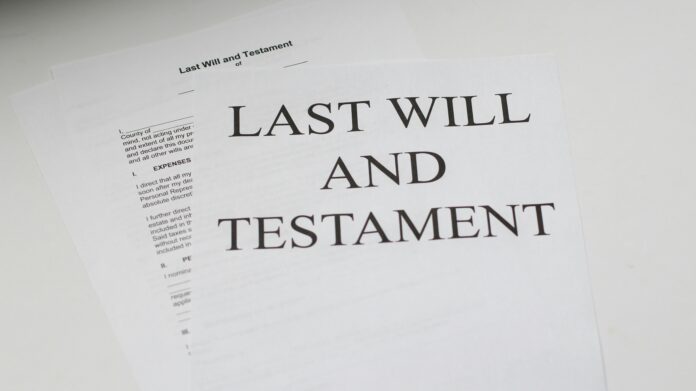
Q. My aunt died recently and my family have been unable to locate her will. She was single with no children, and she mentioned to my mother about two years ago that she had made a will. Unfortunately, we have no idea who her solicitor was, and I was wondering is there an office where wills are registered to facilitate location in such circumstances? What can we do?
Dear Reader,
Unfortunately there is no central wills register office. However, if you engage a solicitor, they will generally circulate a request to solicitors to review their internal wills registers.
It is also possible to advertise for lost or missing wills in the Law Society Gazette, which is circulated to all solicitors. Advertisements could also be placed in suitable newspapers. If these attempts fail to bear fruit, the only other option is to proceed under the rules of intestacy.
These rules establish who is entitled to the interest in the estate and who is entitled to extract the Grant of Administration Intestate – the technical name for taking out a grant of probate where there is no will. As a general rule, the nearest next-of-kin alive at the date of death of the deceased is entitled to inherit and therefore entitled to take out a Grant.
In this instance, you mention that your aunt had no spouse or children, but had at least one sister (your mother). Assuming this is the extent of the family, the order of priority in this instance are the brothers and sisters of the deceased – assuming your aunt’s parents are deceased.
If your mother is the only sibling, she is entitled to both inherit and take out the grant. However, if there are multiple possible beneficiaries, any member of a class (i.e. an equal degree of relationship) entitled to share in the estate may apply for the grant of administration intestate without reference to those equally entitled.
If there are conflicting claims for a grant among the members of a class equally entitled, the grant shall be made to such of the claimants as the Probate Officer shall select, having first given not less than 21 days’ notice to the rival claimant or, on an objection having been made in writing within the 21-day period, to such person as the court shall select.
If it is possible that other relatives or possible beneficiaries exist and you are unsure whether a grant of probate has already been taken out in your late aunt’s estate, it is possible to check this with the probate office as this is a matter of public record.
But where no grant has been taken out and where no will is located, intestacy is then the only route by which this estate can be dealt with.

